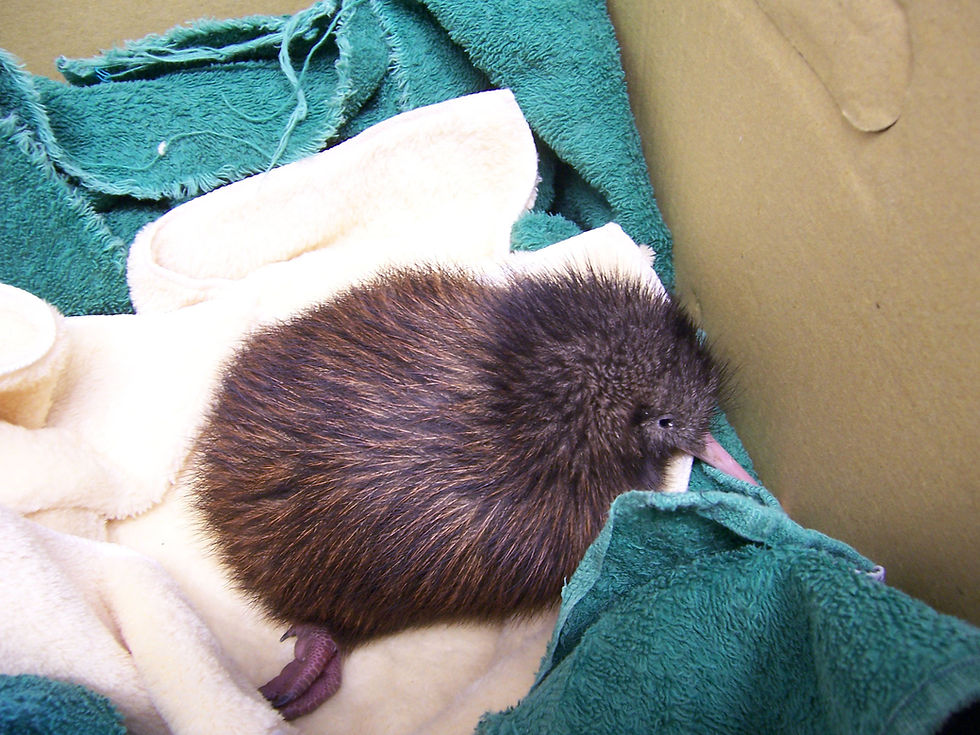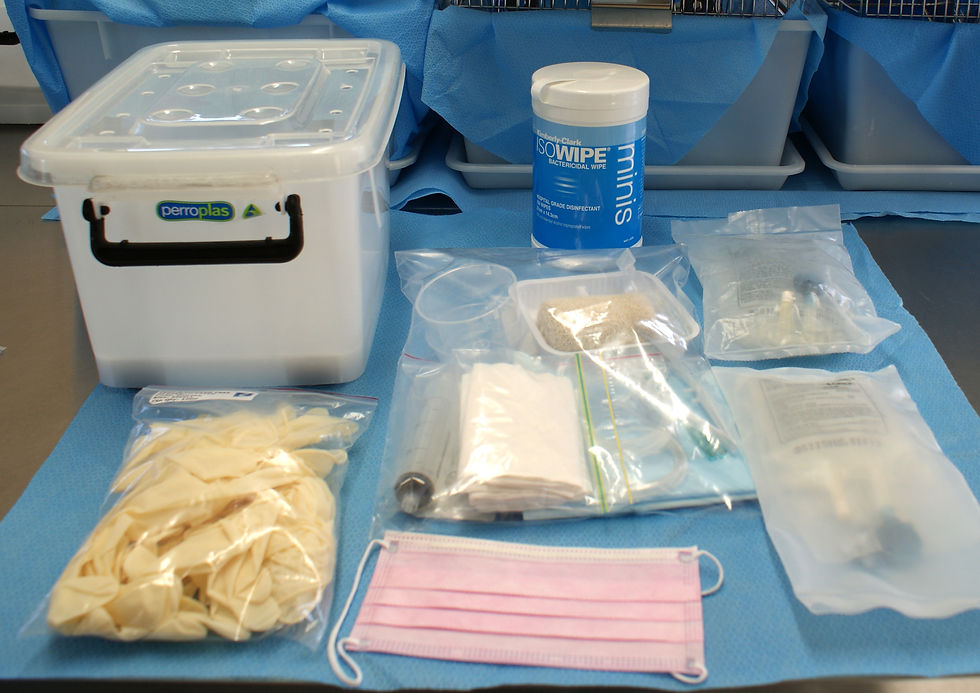Basic first aid and rescue kit for birds
- WReNNZ
- Nov 16, 2022
- 2 min read

Basic first aid and rescue kit for birds
I am often asked what people should have on hand in the way of a first aid kit for birds. Sitting here thinking about it, I could give you a very long list, but I have decided to list the basics in the event of an emergency. You should be able to source the items listed quite easily.
Those basic but most essential items
A suitable-sized cage or container – not too big, not too small, and well-ventilated with appropriately sized gaps, i.e. not so large that your patient could escape
Towels of various sizes – these would be used for handling and bedding
Something to create warmth – either an instant warmer or a hot water bottle
Local vet clinic contact details and address
Local Bird Rescue Centre contact details and address
Additional Equipment
Notebook and pen – for making notes to pass on to the vet or rehabber
Wire cutters – to cut anything that scissors won’t
Small scalpel – to assist with removing fine twine or cotton
Magnifying glass – to see what you are doing or examining a wound
Tweezers – to remove debris or feather from a wound
Scissors – to cut bandages or padding
Scales – always good to weigh a bird as it helps to indicate its overall health
Penlight – to help see things better
Electric heat pad – for longer-term warmth
Container to hold everything

Supplies
Syringes (various sizes)
Crop needles/tubes (for use if trained to use them)
Sterile fluids: 0.9% saline ampules
Water base gel: K-Y Jelly
Sterile low-adherent dressings
Sterile gauze pads
Bandages – Cohesive or Micropore™
Oral rehydrating fluids, e.g. gastrolyte or lectade
Paper towels and tissues
External parasite powder or liquid
Masks
Disposable gloves
The list I have made is quite basic, but it will be of value in the first 24 hours of caring for a bird should you not have time or means to transport it to an experienced individual immediately.
You will notice that I have not listed food in the supplies, and that is because, in most cases, birds require fluids in the initial stages of care. If they are dehydrated, the body will not function normally and cannot process any foods you give them. It could even kill them. There are exceptions to that rule; they are usually your small nectar eaters and baby birds.
Our advice for any sick, injured, or orphaned bird is to contact or take it to an experienced individual as soon as possible. Its survival will depend on the speed at which it receives the correct, initial care that is required.
The article was written by Mandy Robertson - Learn Bird Care


Comments